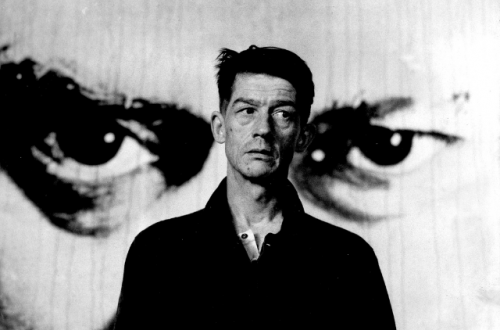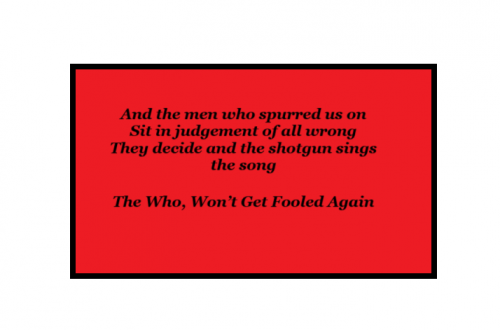Why was Homegrown, a National Youth Theatre play about the radicalisation of young people in the East End, cancelled? There are echoes of familiar debates about the causes of radicalisation itself in the heated discussion provoked by this piece in the Guardian.
Homegrown was devised as an immersive, promenade style play exploring what drove young people to join ISIS. Back in June Paul Roseby, artistic director of the NYT, explained why he thought the project was important:
“It is not going to be an immediate retelling of that story because we don’t know all the facts. Instead, what Nadia and Omar are drawing on is the fears and misconceptions around Islam in this country and the obvious racism that is happening as a result of the actions of Isis, and so they are working on this piece with the idea of redressing the balance.”
Roseby said the decision to stage it in a borough central to the story of the three schoolgirls and to use a cast mostly aged 15-17 would give the piece a “rare honesty and poignancy”.
The NYT website doesn’t explain why the play has now been cancelled. However a report in The Stage includes a statement suggesting that the production wasn’t up to the required standard:
A statement from NYT on the cancellation read: “The production of Homegrown will no longer go ahead.
“After some consideration, we have come to the conclusion that we cannot be sufficiently sure of meeting all of our aims to the standards we set and which our members and audiences have come to expect. All purchased tickets will be fully refunded.”
However many of those involved in Homegrown have disputed this statement.
Director Nadia Latif and playwright Omar El-Khairy believe the production was cancelled due to external pressures, claiming both local authorities and police got involved during the development of the play.
The local authority involvement referred to here is presumably a reference to Tower Hamlets council requiring the production to move from a school in Bethnal Green (where it was originally going to be staged) because of concerns that it would be ‘insensitive’.
The facts don’t seem to be disputed in this regard, but the police issue is rather more murky:
In late July, during a production meeting, the pair claim they were also told that the police wanted to view a final draft of the script and were considering putting plain clothed police offers in the audience.
El-Khairy said: “In a production meeting we were asked by NYT and stage management that the police wanted to look at the script, though we don’t know where that came from or who led that conversation.”
It would be good to have further confirmation/explanation of that claim.
What would the play have been like? Whereas Roseby’s vision made it sound like a propaganda piece, director Nadia Latif’s reflections imply a more nuanced work:
“I don’t think it’s a theatre maker’s job to have an answer,” Latif says. “I personally have an opinion, but I think any piece of theatre that has an answer is not only probably wrong, but is also unlikely to be a very good piece of theatre.
“Theatre’s job is to tell a story and ask an audience questions, hoping they might leave and discuss that, and maybe we’ll show them a new way of looking at it. But it definitely doesn’t come to a conclusion and there’s no authentic conclusion to be had anyway.”
I’m instinctively more drawn to the quality control explanation, perhaps because the Guardian underplayed it. But is it usual for productions to be cancelled at such short notice, by companies of comparable standing, in this way? It seems unfortunate that a play about such a conspicuously controversial topic should not go ahead, given that its cancellation (whatever the real reason) was bound to encourage speculation.


